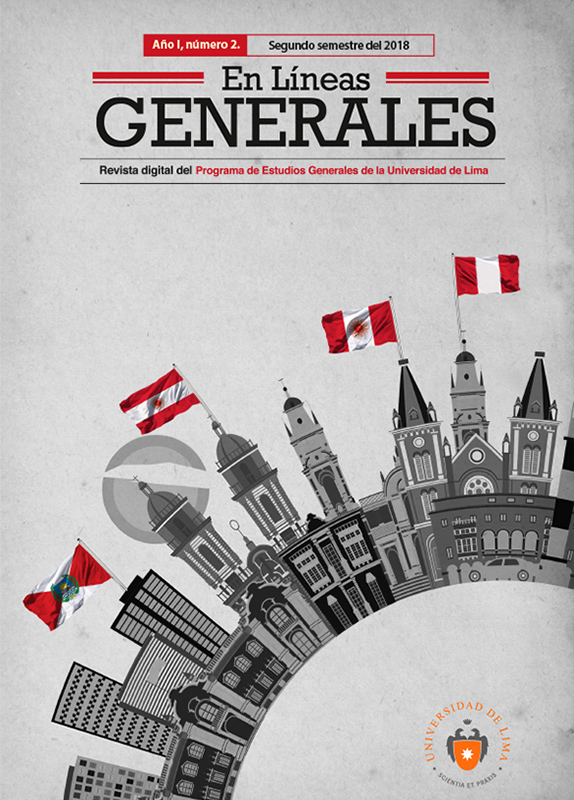Indians, soldiers without homeland: military conscription in Peru during the 19th century
DOI:
https://doi.org/10.26439/en.lineas.generales2018.n002.2667Abstract
This article seeks to explore the history of military conscription in Peru during the 19th century and its relationship with the indigenous population. The main idea focus on the difficulties of the Peruvian State to build a truly national conscription system that universally incorporates citizens of service age into the ranks of the Army. In this sense, we review the procedures used by the 19th century caudillos, through violence and negotiation, to gather combatants in an atmosphere of constant coups d’état and revolutions, as well as the reform attempts carried out until the end of the century. In this story, it is evident that citizen’s duty to carry arms fell mainly on the indigenous peasant population, which accounted for the majority in the country and had weak relations of authority with the central state, resulting —paradoxically— in tenuous relations of citizenship. These citizens without a fatherland were obliged to serve or negotiate their participation in the war.





